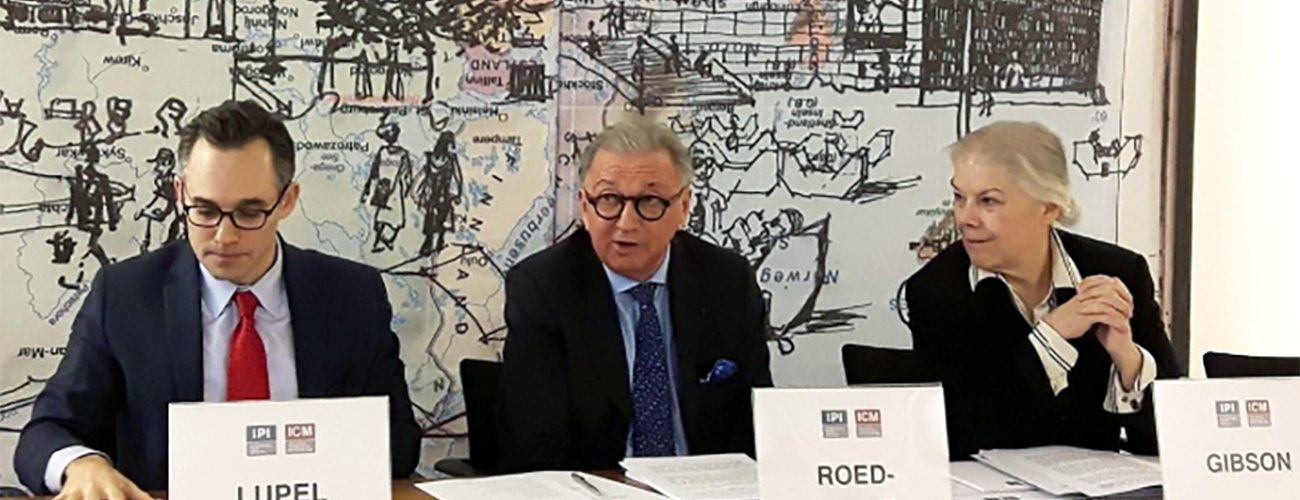Has the United Nations system sufficiently adapted to the challenges of the 21st century world? If not, how does it need to change? These were the central questions addressed during the launch of the summary report of the Independent Commission on Multilateralism (ICM), entitled “Pulling Together: The Multilateral System and its Future”, which was held in Vienna on December 14 at the International Peace Institute (IPI).
The ICM was established to identify threats and challenges to international peace and security, to assess the effectiveness of existing multilateral institutions, and to make recommendations on how to make the international system fit for purpose. This meeting brought together participants from governments, international organizations, and civil society.
Terje Rød-Larsen, President of IPI, welcomed the distinguished guests and briefed the participants about the work that has been done by the ICM over two years. He thanked the UAE, Norway and Canada for their political and financial support.
Barbara Gibson, the current Secretary-General of the ICM, continued by giving a short overview of the ICM process, its activities and outcomes that are now summarized in the report. Adam Lupel, IPI Vice President, presented the report by reviewing the ICM findings, including general principles for reforming the multilateral system, as well as key priorities for the next UN Secretary-General, which all can be found in the report.
The presentations were followed by a discussion, during which the participants all agreed that the ICM initiative has produced a timely, comprehensive and inclusive report that should be further promoted within and outside the UN.
IPI is now in the process of working on an implementation phase of the Commission. Fourteen additional policy reports that informed the work of the ICM will be published in 2017.








